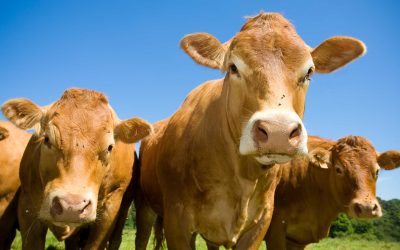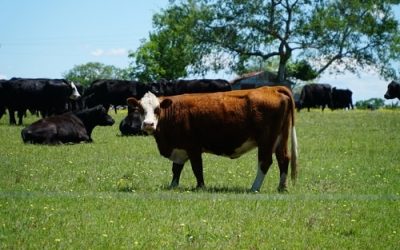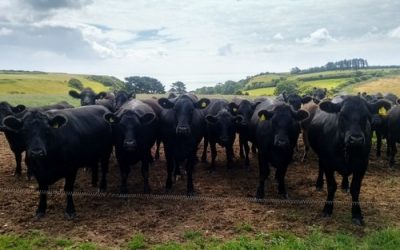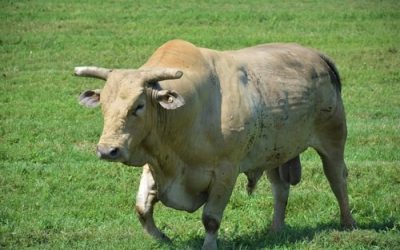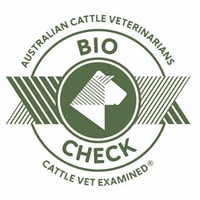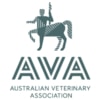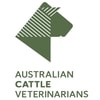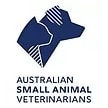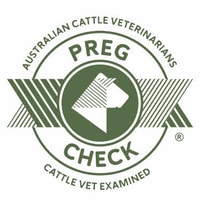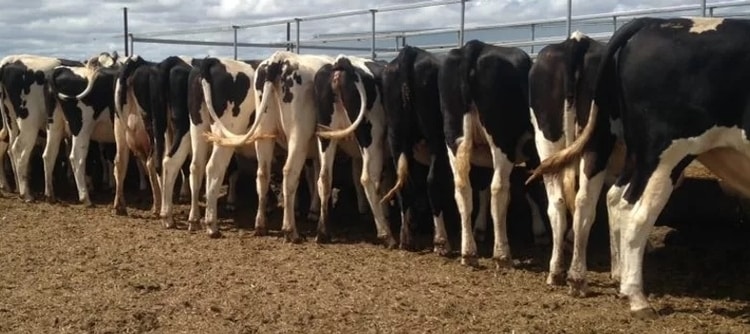
We routinely service many dairies in Pittsworth and surrounding areas, and hence are able to offer a high quality service with best practice care, backed by years of experience. We strive to be a part of your production line, rather than just the emergency call late at night.
From our experience servicing fantastic dairies in the area, we know what it takes to improve your bottom line, and catch problems before they escalate.
Examples of Herd Health Services We Offer
Gastrointestinal surgery:
We routinely do standing gastrointestinal surgeries on cows for various displacements. That fresh cow, not doing well despite treatment for metritis/ milk fever etc. – have you considered a Left Displaced Abomasum? If not then it is time to give us a call- if caught early these cows tend to do really well post-surgery. There are many other conditions that need surgical intervention and we can help you to identify these cows.
Obstetrical emergencies:
90% of dairy staff are well equipped when it comes to calvings, however why not refresh your memory and get some tips for all your staff that we use everyday to ensure the “little things” are done correctly. For example, how much lubrication is used for each calving? What routine treatments should be used on cows post calving? How do you ensure that these cows are not having long return to service periods?
Lameness evaluations:
Lameness in dairy cows is possibly the most underdiagnosed condition affecting milk production that we see. Do you know how to pick a foot rot over a cow with something much more sinister such as septic arthritis? Or does every lame cow get a course or two of antibiotics before you call us? Proper equipment allows us to examine cows safely and diagnose and treat foot conditions, as well as then working with you to prevent further hoof damage through yard design, feed analysis and staff training.
Calf Health:
Calves obviously make up the supply pool from which our replacement heifers come from so it makes sense to have high growth rates and superior health in these animals. Calf disease is always intimately related to the calf management practices undertaken on each farm, and therefore there is no good treating calves for disease such as diarrhoea, without analysising your situation and where improvement can be made. Healthy calves = better growth + less disease (less treatment costs and antibiotics $$) and thus the benefit of this on long term cow health (and farmer happiness!!) should not be underestimated.
Mastitis:
The age old disease that every farmer knows how to manage, but every now and then cultures need to be performed- this is something we can help with. Milking hygiene, machine maintainance, staff training and dry cow therapy are also other elements we can help you with.
Optimise your herd performance
These are just a few elements that we can help you with – remember making a vet an intimate part of your production line can ensure your cows are producing at optimum level – we aren’t just the emergency call as a last resort!
RELATED ARTICLES
Castration Techniques in Cattle and Small Ruminants
Castration Techniques in Cattle and Small Ruminants Throughout the wet season, The Pittsworth Veterinary Surgery have been seeing a few more cases of cattle and small ruminants with post-castration swellings and infections. So, we’ve compiled the few methods of...
Grain Poisoning in cattle
Feeding cattle grain is a very common practice in this area but it doesn't come without it's risks. One of the most common conditions we see is grain poisoning or acidosis, which can be fatal however the good news is that there is a lot we can do to prevent it! ...
Bovine Ephemeral Fever – 3 Day Sickness
3 day sickness is a disease of cattle seen predominantly in Southern - Eastern Australia down through NSW where the vectors (for eg. Midges) travel. The typical time period where cases tend to increase is January to April. With earlier Spring rain though, this...
Bull Semen Evaluation
We strongly recommend getting all bulls intended for use that season semen tested at least 2 months before they are intended to be bred with to allow for any problems that may arise to rectify themselves as well as time to look for a replacement bull if necessary....
RELATED
ARTICLES
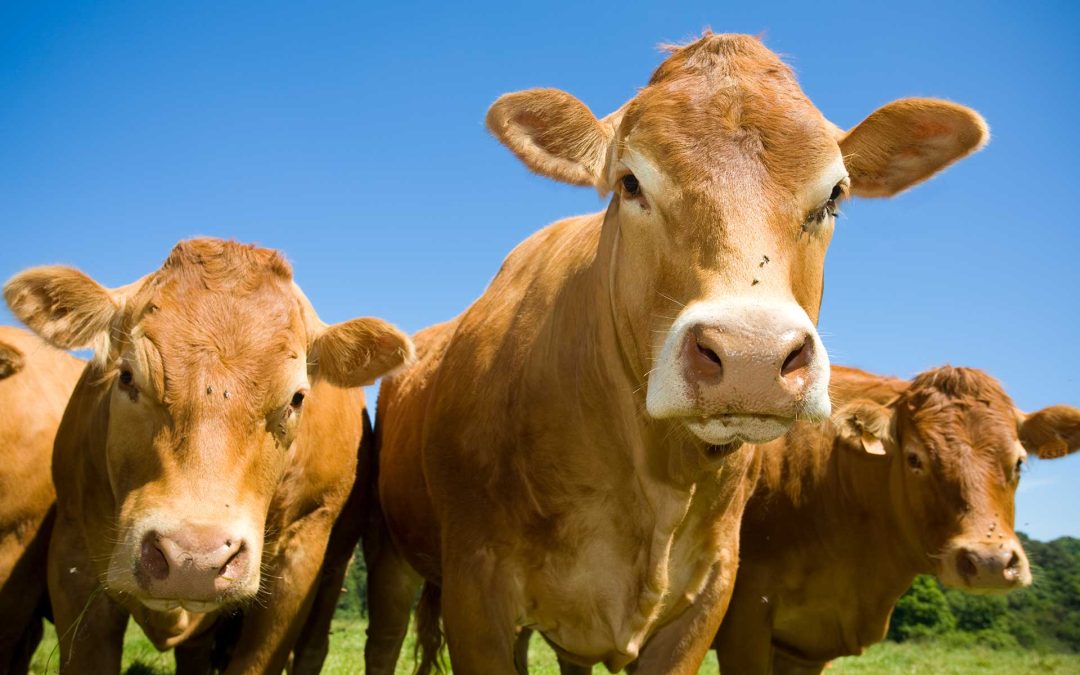
Castration Techniques in Cattle and Small Ruminants
Castration Techniques in Cattle and Small Ruminants Throughout the wet season, The Pittsworth Veterinary Surgery have been seeing a few more cases of cattle and small ruminants with post-castration swellings and infections. So, we’ve compiled the few methods of...
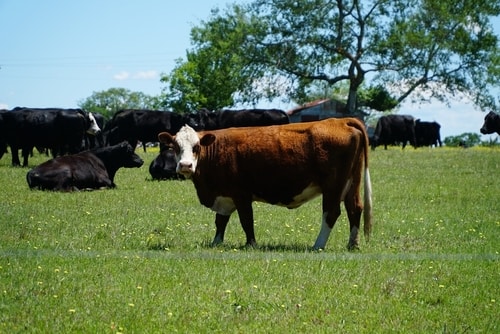
Grain Poisoning in cattle
Feeding cattle grain is a very common practice in this area but it doesn't come without it's risks. One of the most common conditions we see is grain poisoning or acidosis, which can be fatal however the good news is that there is a lot we can do to prevent it! ...
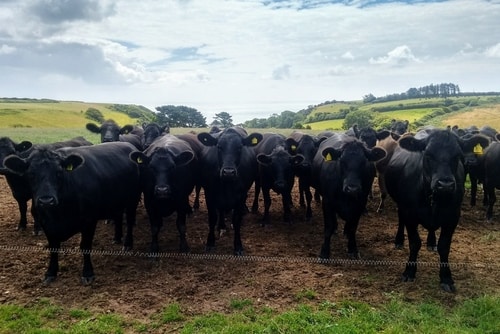
Bovine Ephemeral Fever – 3 Day Sickness
3 day sickness is a disease of cattle seen predominantly in Southern - Eastern Australia down through NSW where the vectors (for eg. Midges) travel. The typical time period where cases tend to increase is January to April. With earlier Spring rain though, this...
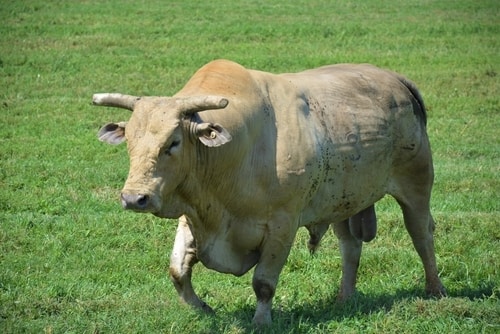
Bull Semen Evaluation
We strongly recommend getting all bulls intended for use that season semen tested at least 2 months before they are intended to be bred with to allow for any problems that may arise to rectify themselves as well as time to look for a replacement bull if necessary....
Call Us Today To Discuss Your Animal Needs
Business Hours Phone: 07 4693 2233




